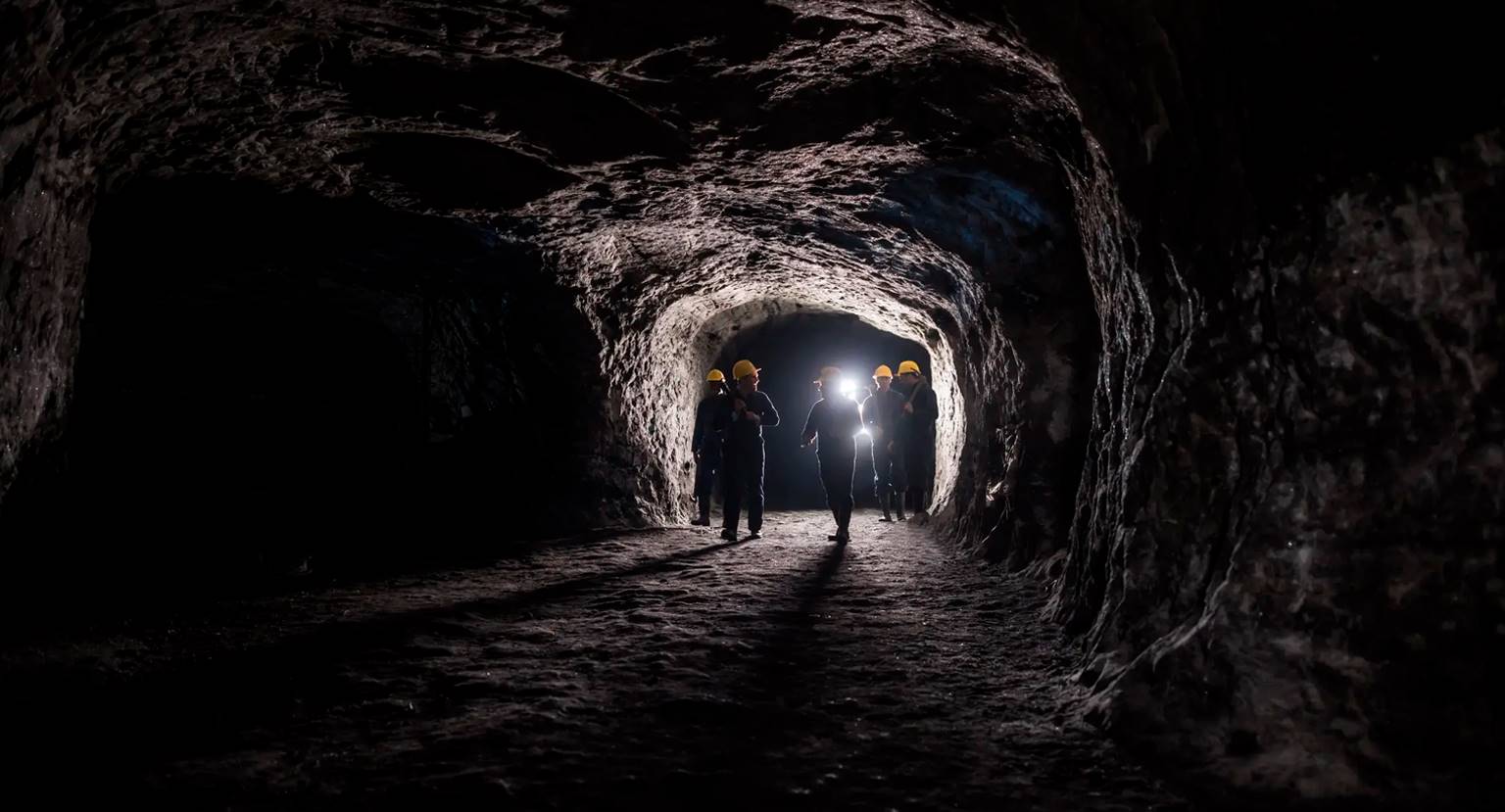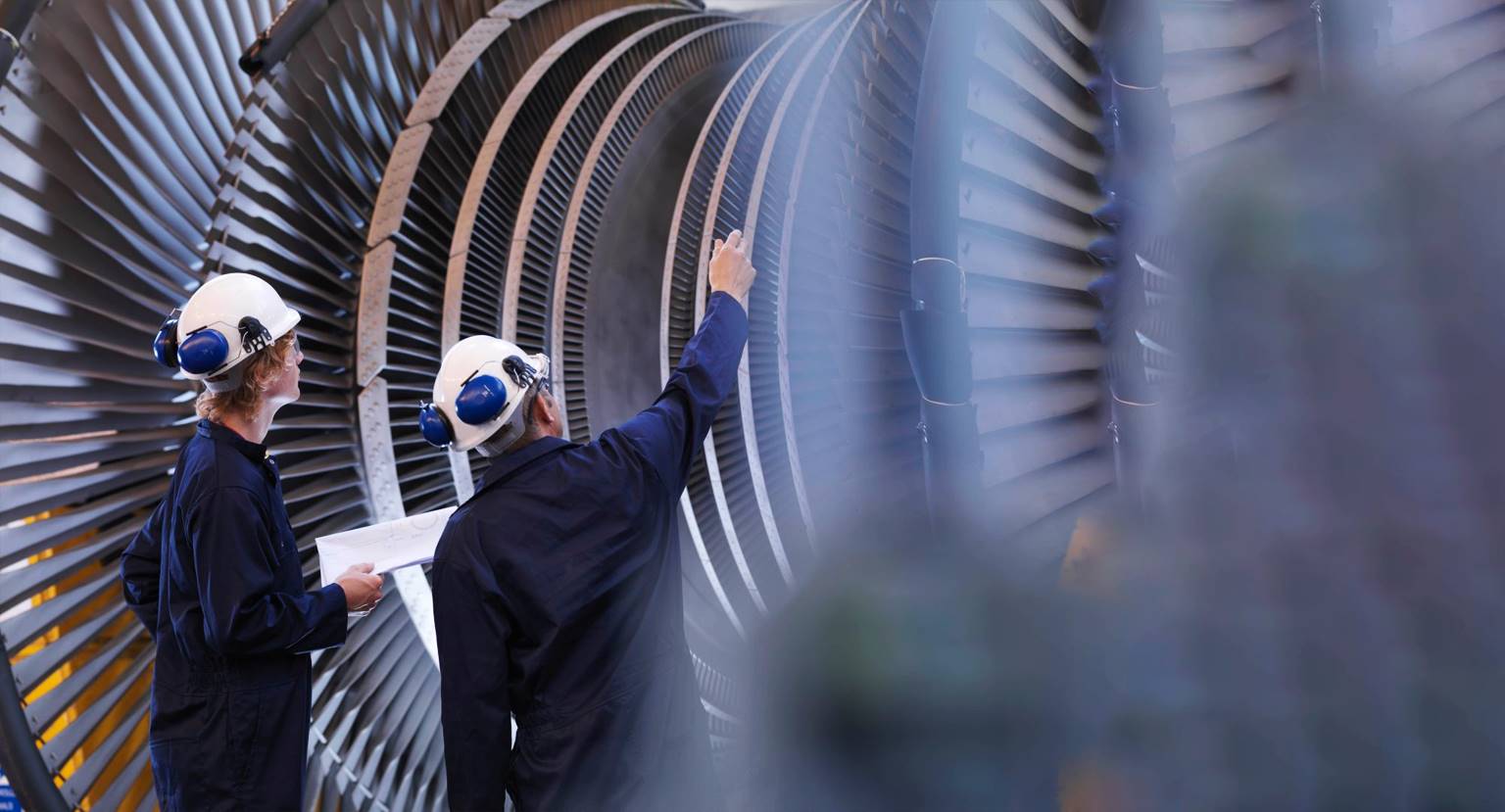Subscribe
Get the latest on HIDROpump news and events.
Complete the following box with your email and join this great team.
In the first place, only after the maintenance of common areas, hydraulic systems are the most visible areas in a facility. Due to the great importance of these systems, today we will take a look at the main causes of failures that can be generated in the installation and in the operation of centrifugal pumps.
With this information, we will be able to analyze the guidelines aimed at optimizing the preventive maintenance process of this type of system. Taking into consideration these informative details, it will be easier to take preventive actions aimed to avoiding failures in hydraulic systems, avoiding waste of time and economic resources.
Some common failures and their consequences
Within the list of factors that can alter or directly affect the proper functioning of a hydraulic system we have:
- A poor design that does not satisfy the needs of the facility.
- A poor choice of equipment for the system.
- A bad installation of the system.
- Null or insufficient preventive and predictive maintenance management.
Incurred cost overruns
If one or more of the above factors is present, certain problems may be generated, such as:
- Greater expense in energy consumption.
- Increased spending on maintenance actions on pumps equipment.
- Absolute deterioration of valves and pipes.
- Overloads in the engine that provides power.
- Increase in electricity consumption.
What are the basic causes of failures in hydraulic pumping systems?
Cavitation
What is known as cavitation when referring to hydraulic pumps is caused when the liquid element is unable to fill the space that exists in a hydraulic pump. This situation is originated when the hose responsible for generating the suction fails to absorb the liquids, which is why a drop in pressure is generated.
This problem results in vapor bubbles at the start of the impeller collapsing the high-pressure zones in the impellers. When this collapse occurs, the energy that is released causes a huge roar and an aggressive and highly dangerous explosión.
Water hammer
When a bypass valve closes untimely and obstructions are found in the line through which the fluid must pass, a transition hydraulic failure occurs. Although it’s a phenomenon that doesn’t’ last long, the consequence is mechanical damage that will prevent the proper flow of fluids. In addition, depression and overpressure waves are generated that spread throughout the hose.
Turbo pump damage
In general, the vast majority of reasons why failures occur in hydraulic systems are linked to electrical failures. These can occur when the engine sees errors in its components, such as:
- A bad technical specification.
- The voltage and automation boards.
Finally, in conclusion, we can say that in order to avoid damage to hydraulic systems, it’s of great importance to have a preventive and predictive maintenance program that can reduce any possibility of failure and the risks and consequences that it brings.
And it is that failures in hydraulic pumping systems concern situations that require corrective attention with a great impact on costs. Through a thorough analysis of the main problems identified, it’s possible to manage the preparation of a better maintenance program.



